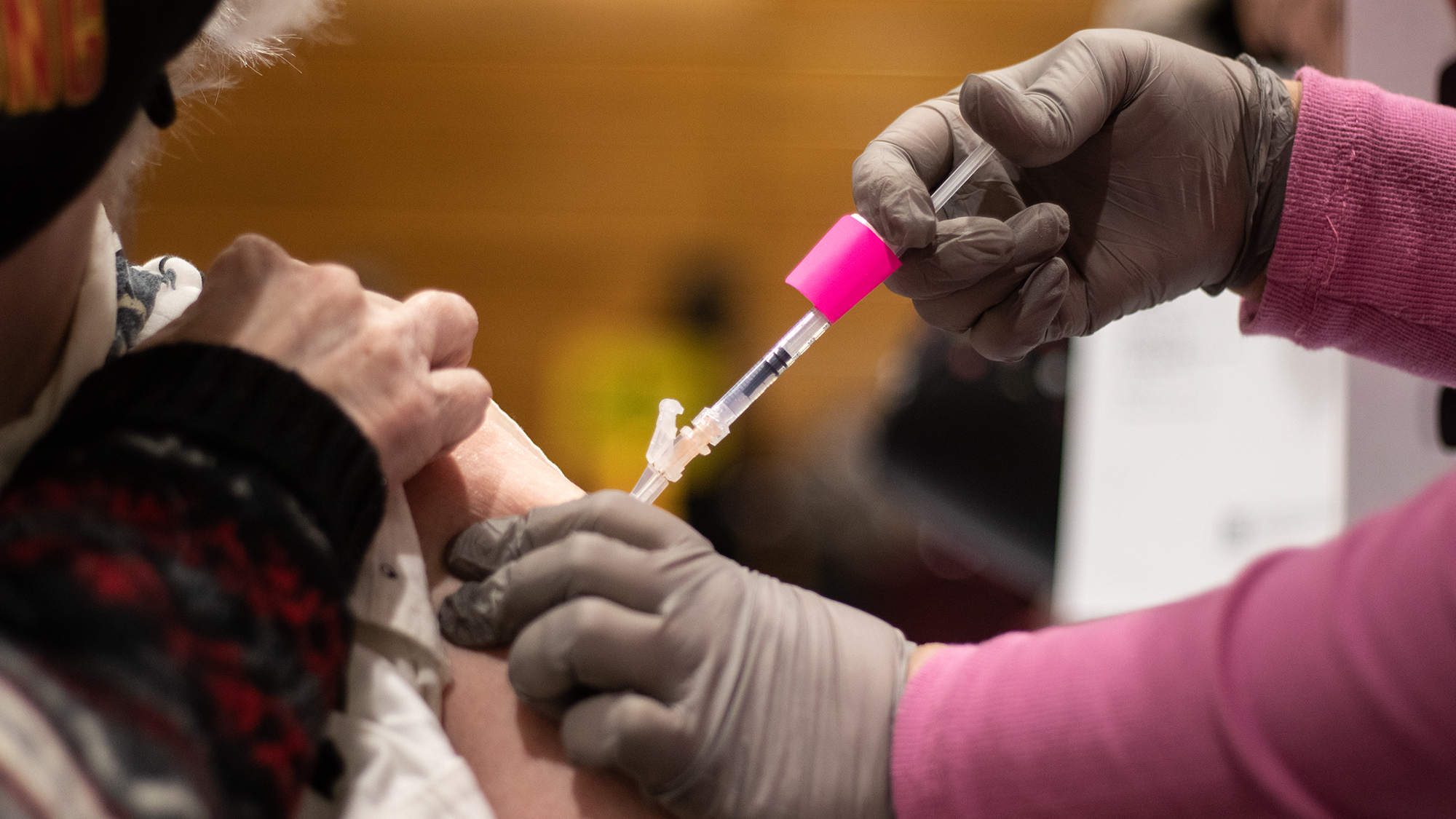Views expressed in opinion columns are the author’s own.
All across the country, COVID-19 continues to devastate communities. The U.S. is lagging in its vaccine rollout, and a few weeks ago, the U.S. set its record for the highest number of coronavirus cases, hospitalizations and deaths of any week in the pandemic. Additionally, we’re already seeing racial disparities in vaccine distribution, even though each state has vaccinated a very small segment of their populations. These disparities can be attributed to unequal access to vaccine information, and in some areas, to vaccine distribution being concentrated in wealthier zip codes.
As the U.S. continues its dysfunctional vaccine rollout, and as new, more contagious COVID-19 variants spread rampantly throughout the country, many of us have been left wondering when we’ll have a chance to get vaccinated. One group, though, has been largely exempt from the agony of uncertainty surrounding vaccination: politicians. Even though they represent our political interests, politicians — especially those that deny the existence or effects of COVID-19 — should not be allowed to jump the line, especially when their own high-risk and essential worker constituents struggle to access the vaccine.
Throughout all of the chaos and unequal distribution of vaccines, many politicians who are relatively young and healthy, including prominent COVID deniers such as Sen. Ted Cruz (R-Texas), were some of the first to receive the vaccine. Additionally, some politicians’ spouses also skipped the line, which seems to confound the excuse of solely vaccinating politicians as a “continuity of governance” measure — the idea that government officials need vaccines first to ensure the country is run smoothly.
If vaccines were widely available and people in priority groups were not struggling to get vaccinated, this would not be a huge issue. But this is clearly not the case. Many of those leaders have failed to keep their promises about relief packages, foolishly reopened their constituencies while most essential workers are not vaccinated and violated pandemic safety guidelines.
As such, this prioritization of political leaders who are not vulnerable is unfair and a slap in the face to their constituents. Essential workers, senior citizens and other vulnerable Americans are forced to deal with the consequences of a mismanaged pandemic while those who put everyone’s health at risk get protected first.
Naturally, many of these politicians have claimed that, rather than skipping the line, they are setting an example for their constituents and assuaging fears about the vaccine. Although vaccine skepticism certainly exists and must be addressed, a recent Kaiser Family Foundation poll found that 85 percent of those surveyed trust information from their doctors or health care providers over that from local political leaders.
This finding, combined with evidence of a lack of information and outreach about the vaccine in the communities most affected by COVID-19, demonstrates that the “leading by example” argument might not be as relevant compared to other vaccine promotion efforts led by specialists.
The highest percentage of vaccine denial among respondents comes from self-identified Republicans — who are likely fueled by their representatives’ constant downplaying of the pandemic and refusal to follow guidelines. It doesn’t make sense, then, that these constituents would suddenly clamor for the vaccine just because COVID-denying leaders quietly took it.
In the end, we can’t help that many of our low-risk political leaders have improperly gotten the vaccine. However, as the vaccine rollout continues and states exercise their power to distribute their limited supplies, leaders should consider whether they are high-risk or vulnerable enough to jump the line. If not, instead of skipping ahead of their constituents, they should work to implement efficient and equitable vaccination practices and enforce consistent COVID-19 protocols and protections.
Caterina Ieronimo is a junior government and politics major. She can be reached at ieronimocaterina@gmail.com.



